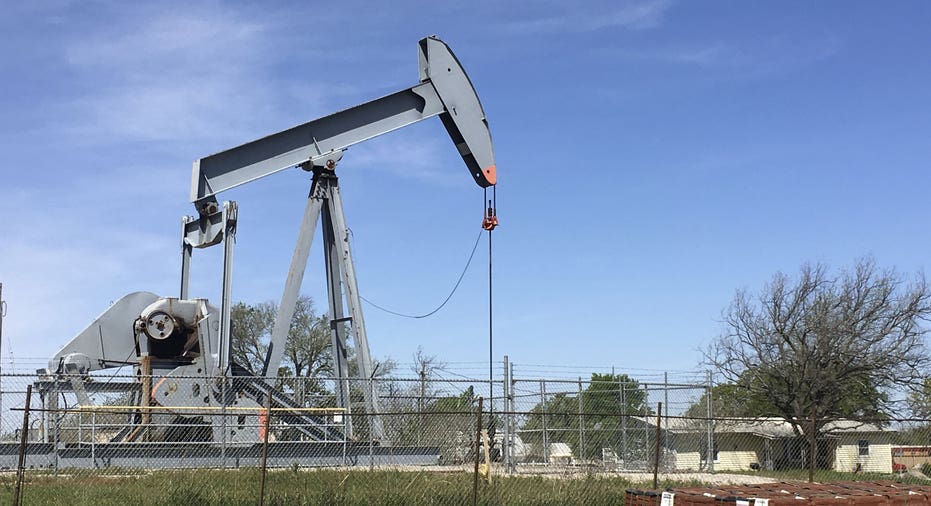U.S. Crude Price Falls on Surprise Supply Rise

Oil prices steadied on Thursday after a surprise increase in U.S. inventories helped stall an upward trend that has pushed global crude benchmarks to their highest levels since July last year.
U.S. light crude was down 20 cents at $53.86 by 1130 GMT (6:30 a.m. ET), while North Sea Brent crude was up 5 cents at $56.27 a barrel.
Traded volumes were thin with many investors away for year-end holidays, although the expiry of the front-month February ICE Brent contract on Thursday could generate some activity.
Both crude oil benchmarks have made big gains this month since OPEC and other producers agreed to curb production in an attempt to balance an oversupplied fuel market.
"The market is in good shape although it might fail to make significant advances this year," said analyst Tamas Varga at London brokerage PVM Oil Associates. "If that is the case the uptrend should continue in early January."
"Either way, the odds are still on higher numbers."
Data released by industry group the American Petroleum Institute (API) late on Wednesday showed a 4.2 million barrel increase in U.S. crude stocks in the week to Dec. 23. {API/S]
Analysts polled by Reuters ahead of the report had forecast on average that inventories would decline by 2.1 million barrels. <EIA/S>
But the overall trend appeared to be upwards with oil producers committed to agreed output cuts.
A committee of the Organization of the Petroleum Exporting Countries and non-OPEC producers will meet in Vienna on Jan. 21-22 to discuss compliance with the production agreement, Kuwaiti oil minister Essam Al-Marzouq told state news agency KUNA.
"Brent will be ... positively impacted by the OPEC and non-OPEC cuts should the agreed reductions be largely adhered to over the next six months," said Philips Futures' investment analyst Jonathan Chan.
He said the market was awaiting inventory data from the U.S. Department of Energy later on Thursday to see if official figures confirmed Wednesday's API report.
"Should there be a less-than-expected drawdown or a more-than-expected surplus, oil prices may be in for a downward reversal due to the high concentration in speculative net long positions."
(Additional reporting by Mark Tay; editing by David Clarke and Adrian Croft)



















